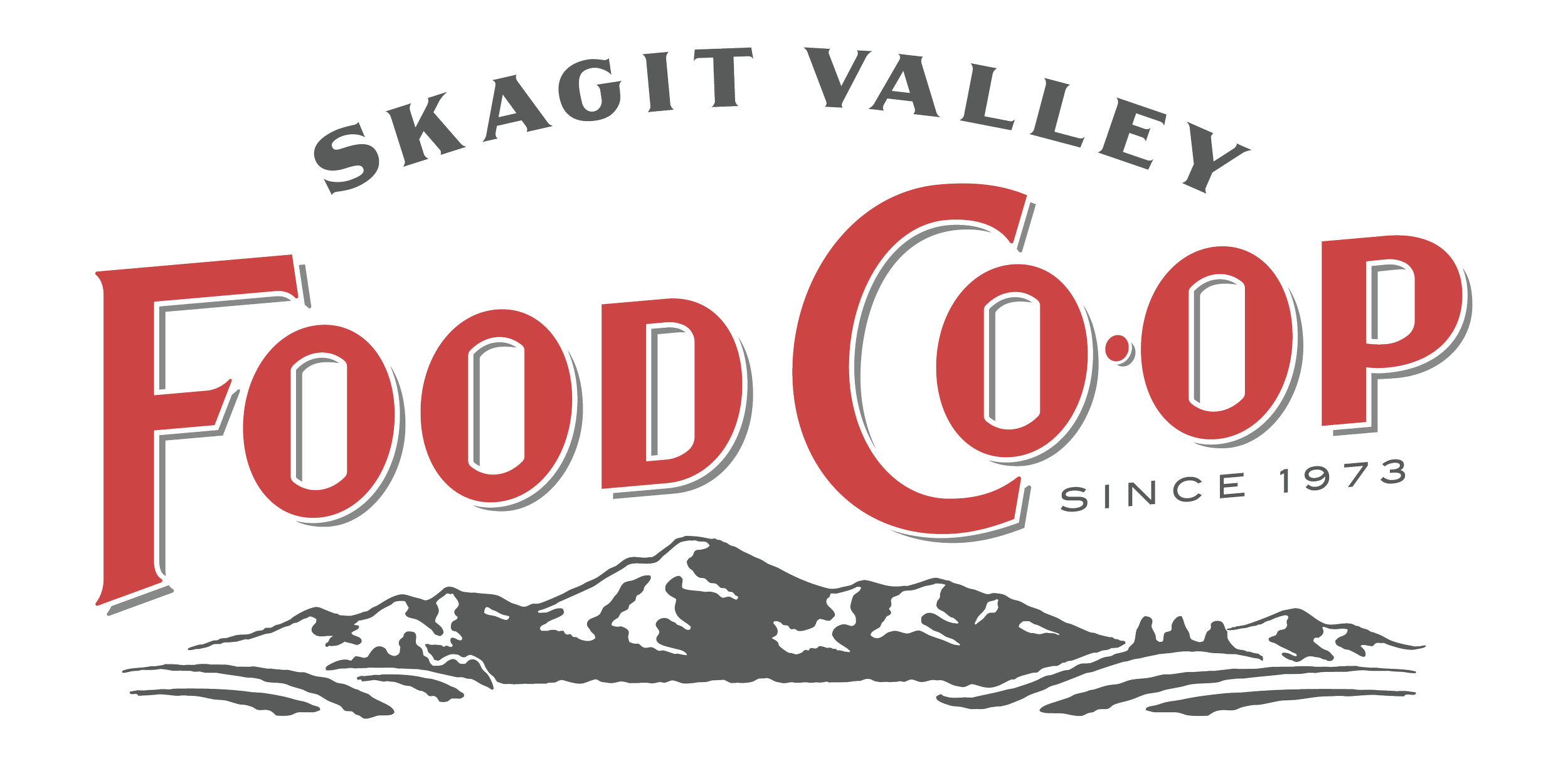What’s the Deal with Apeel?
By Ben Goe
Over the past few months, we’ve been getting questions in the Produce Department about something called Apeel, also known as Edipeel or Organipeel, a coating that is applied to produce to extend its shelf life. You may or may not have heard some of the rumors swirling around the internet about it. Either way, there is a lot of misinformation out there, and we’d like to take time to bring clarity and answer some of the common questions and concerns about Apeel.
The first concern to address, and the most important to many, is: “Do you now, or do you plan to carry fruits and vegetables coated in Apeel at the Co-op?” Very simply, no. The first thing to understand here is that although Apeel has been approved for organic use, it is only being used at the request of the purchaser. Usually, this is a grocery store chain making the request. The suppliers we work with do not carry any products coated in Apeel, and we certainly aren’t going to request it. Produce boxes are also required to state whether any coatings have been applied.
Next up: “Is Apeel safe?” This one’s a bit more complicated, and has a number of facets, but the short answer is yes.
When news about Apeel first started circulating, there was a simple case of misidentification. People started posting photos of a safety data sheet for an entirely different and discontinued product called Apeel. This Apeel was a cleaning product that can cause eye damage and skin irritation. There was also an unrelated Australian odor-neutralizing product by the same name that may be further muddying the waters.
Separately, there have been claims that Apeel contains, or is processed with, high levels of heavy metals. This one is false, too. The heavy metals found in testing were present in the produce itself. Heavy metals leach from the soil into plants during a process called phytoextraction. Fruits and vegetables account for around 90% of an average person’s heavy metal intake. Apeel is made from fruits and vegetables, so it is possible that there would be trace levels of heavy metals, but not in any concentration.
This brings us to the next question: “What is Apeel?” Apeel is made of mono- and di-glycerides of fatty acids extracted from the skins and seeds of fruits and vegetables, currently grapeseed. And this is where it gets a little more complex.
It’s generally recognized that you should limit your intake of mono- and di-glycerides, as they contain trans-fats. However, it’s a microscopically thin layer, so the quantities ingested would be negligible. If all of the fruits and vegetables you ate were coated in it, it would account for less than 1% of your daily fat intake. This does, however, prevent it from being approved for use under European organic standards, which are significantly more stringent than those of the U.S. Organipeel also contains .66% citric acid.
The one area of concern, we believe, is the use of solvents to isolate the glycerides: heptane and ethyl acetate are the solvents used in the manufacturing of Apeel. Both are skin irritants, and exposure to high levels can be harmful. Theoretically, there wouldn’t be any residue, and again – we are talking about minute quantities. These are not ingredients, but catalysts.
The last question is: “Isn’t this funded by Bill Gates?” Short answer, no. The Gates Foundation, whose stated mission is “to create a world where every person has the opportunity to live a healthy, productive life,” donated to the development of Apeel, but they aren’t stakeholders. World hunger is one of the foundation’s main concerns, and one can see how this would be a helpful arrow in that quiver. Shipping produce with a shelf life that’s longer by weeks, to impoverished regions of the world, can only be a good thing.
Eating fresh produce is always healthier than not eating fresh produce, be it organic, conventional, or coated in Apeel. Organic, locally grown, nutrient-dense fruits and vegetables are a rarity that we are lucky to have such easy access to in our region.
We hope this alleviates some concerns and answers your questions. It can be hard to keep track of what’s in your food, and it can seem scary at times; it’s why we have our strict product buying guidelines. Making healthy decisions for you and your family is important, and we certainly don’t want to belittle that. We do want to encourage everyone to look at scientific papers and journals rather than alarmist media when things like this come up.
Lastly, we also want to assure that you can count on us to keep sourcing the best produce available, and hold the Apeel.
